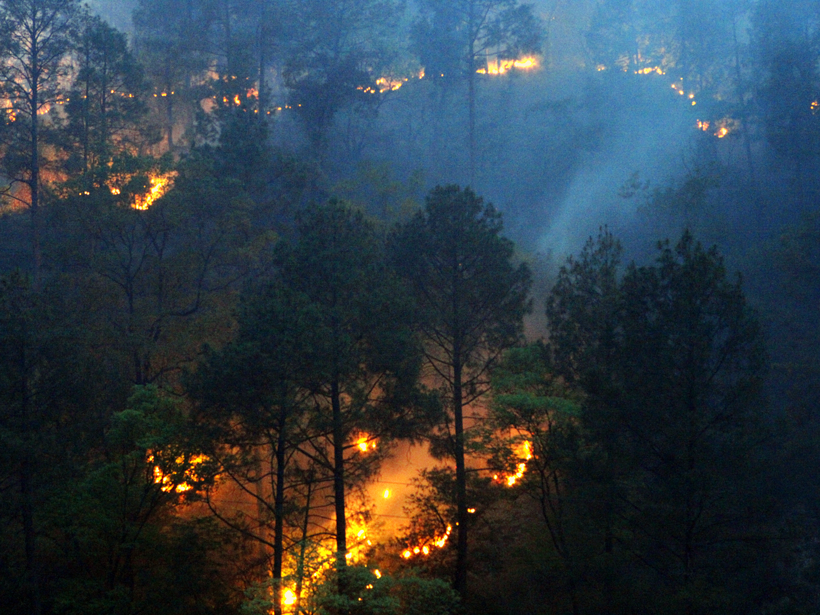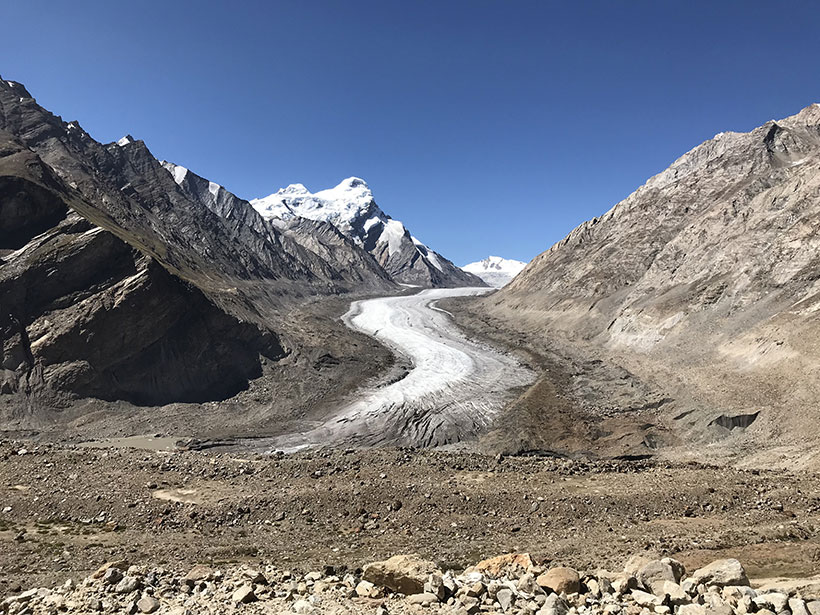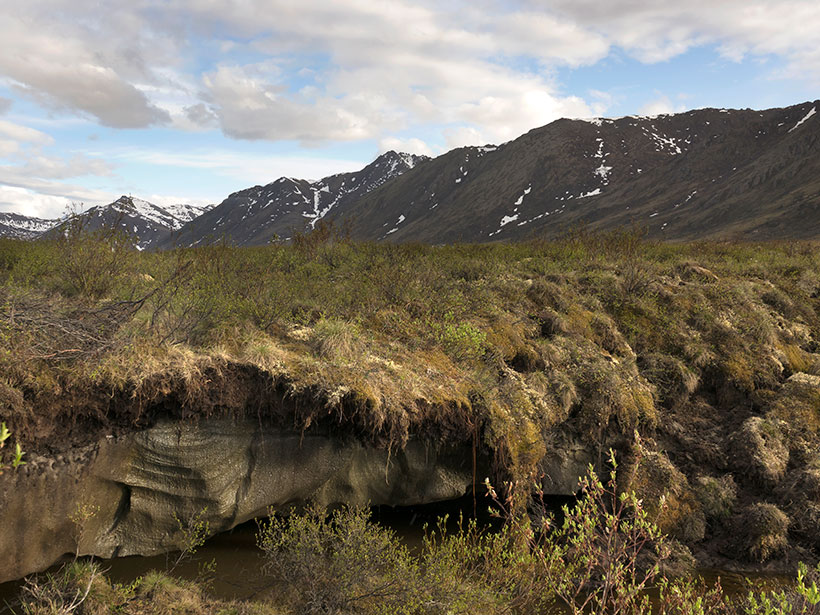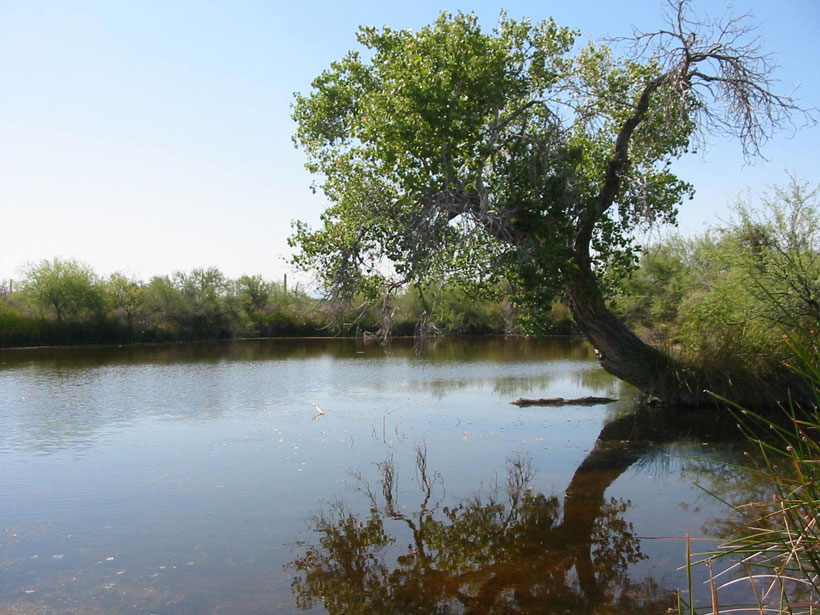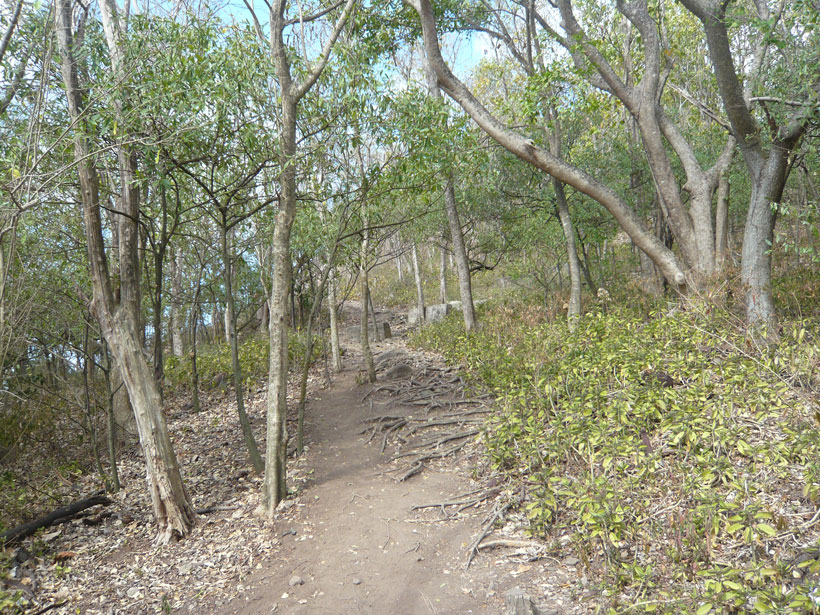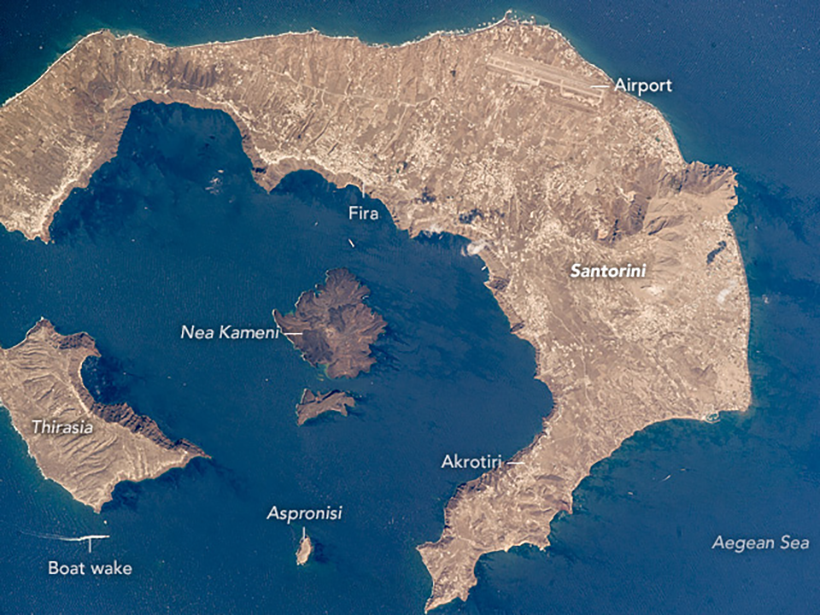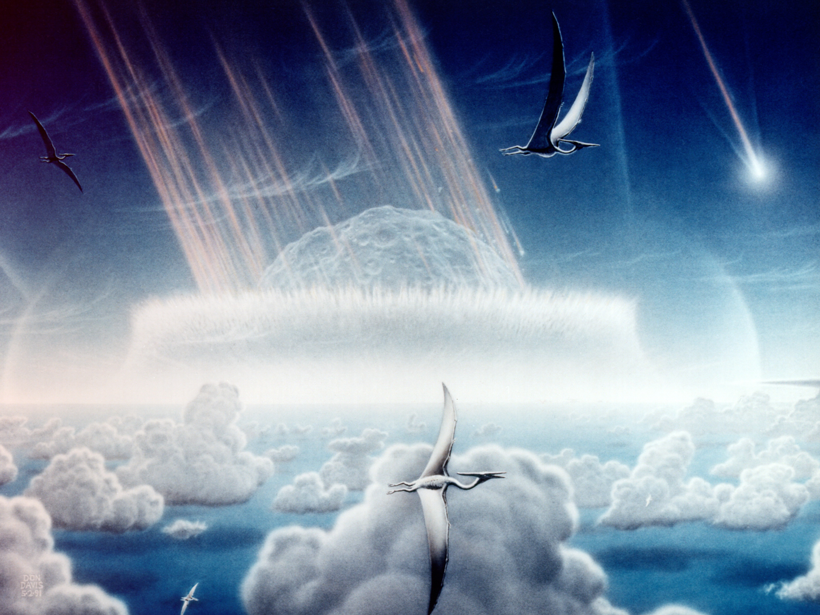The overlap between peak fire season and pandemic response has made for a serendipitous experiment in forest fires in two Indian states. Humans, not lightning, seem to be the likeliest culprit.
News
A Future of Retreating Glaciers in the Himalayas
India’s first regional climate change assessment warns of accelerated glacier melt.
Experiments Reveal How Permafrost Carbon Becomes Carbon Dioxide
Field samples from Alaska show how sunlight and iron convert permafrost carbon to carbon dioxide. Climate models ignore this process.
This Week: Sacred Springs and the Search for the Origin of Life
What Earth and space science stories are we recommending this week?
The Seismic Hush of the Coronavirus
Scientists are listening for faint natural signals during the quiet of coronavirus lockdowns.
Worsening Water Crisis in the Eastern Caribbean
Scientists, policy makers, and residents are concerned that ongoing water shortages and longer periods of drought may worsen as the climate changes and that the Paris Agreement has fallen short.
Cómo la Ciencia del Clima Está Expandiendo la Escala de la Investigación Ecológica
Las herramientas desarrolladas para la ciencia del clima pueden ayudar a los investigadores a predecir los dipolos ecológicos: los efectos contrastados del clima en poblaciones separadas por miles de kilómetros.
Podcast: Escape from Thera
A colossal volcanic eruption at Santorini, Greece, 3,600 years ago sent the island’s Bronze Age population fleeing for their lives. Where did the people go?
Asteroid Impact, Not Volcanism, Likely Spelled Dinosaurs’ End
Using climate and habitat modeling, researchers show that solar dimming caused by an asteroid impact would have plunged the world into an “impact winter” and decimated dinosaur habitats.

